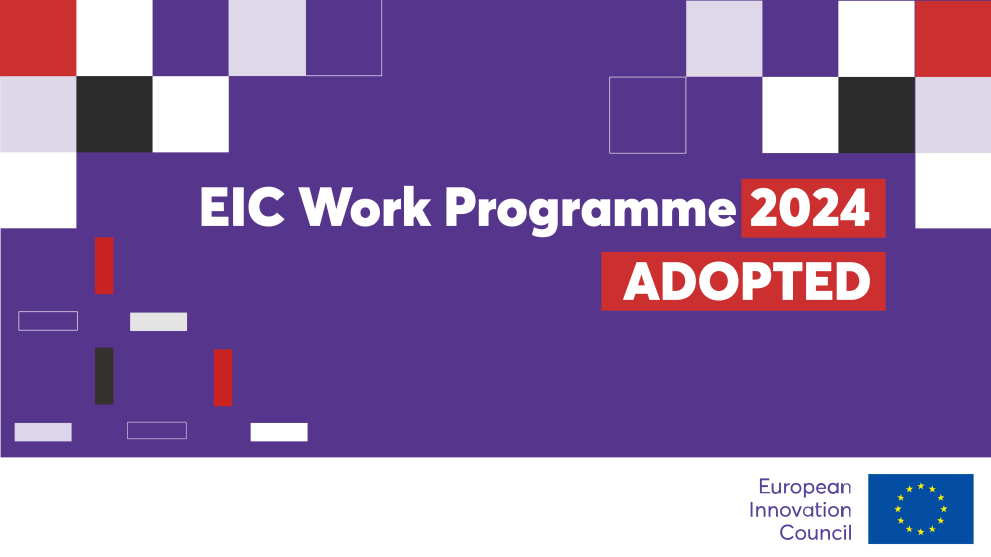
During the two online Info Days on 15-16 January 2024, the European Innovation Council (EIC) did not only give an overview of the achievements reached under the previous work programmes but also presented the objectives for 2024. Additionally, they addressed the questions of the applicants during a final Q&A. The meeting was divided into sessions giving importance to the schemes provided by the EIC, such as:
EIC Pathfinder
EIC Pathfinder program exploring the ideas of scientists, and researchers from different universities and organizations, aims to build on new cutting-edge directions in science and technology to create new opportunities. During the event were mentioned the following funding schemes: EIC Pathfinder Open, supporting projects in any field of science without predefined thematic priorities and EIC Pathfinder Challenges, supporting coherent portfolios with the aim to achieve specific objectives for each Challenge.
Timo Hallantie and Martin Lange presented the new challenges for 2024 listed as below:
- Strengthening the sustainability and resilience of EU space infrastructure
- Nature inspired alternatives for food packaging and films for agriculture
- Towards cement and concrete as a carbon sink
- Nanoelectronics for energy efficient smart edge devices
Main novelties for Pathfinder open compared to 2023:
- Increase of page limit for section 1-3 of application form from17 to 20.
- Discontinuation of rebuttal pilot
- Small revisions of the three award criteria
- Added reference to assessment of relevant aspects related to regulation, certification and standardization
Projects are encouraged to involve in their team key figures that have the potential to become future leaders in their field as well as to achieve gender balance by empowering female researchers.
EIC Transition
EIC Transition having the purpose of moving the boundaries of technological possibilities by developing breakthrough technologies and game changing innovations. Viorel Peca and Marco Giorgini gave the details of EIC Transition supporting different pathways:
- Transition to Technology – to further develop strategic and high impact technology
- Transition to Market – led by a SME/Start up that identifies an opportunity
- Transition to Entrepreneurship – entrepreneurial researchers who are looking for a suitable business model and creating spin off company.
It was highlighted that Individual SME applicant invited to the interview and not selected for funding, will be awarded a Seal of Excellence to help them secure funding from other sources. Companies with a Seal of Excellence can also get support from EIC Business Acceleration Services. The Seal of Excellence can build the reputation of your project and your business as well as giving an opportunity to your project to attract investments on local, regional, national, and international level.
EIC Accelerator
EIC Accelerator has never changed its aim – the commitment to scale up, but what are its new challenges in 2024?
- Food from precision fermentation and algae
- Renewable energy sources and their whole value chain
- Enabling the smart edge and quantum technology components
- Virtual worlds and augmented interaction
- Human centric generative AI
- Monoclonal antibody-based therapeutics for emerging viruses
New in the 2024 programme
Cornelius Schmaltz, Jussi Hatonen and Susana Getman walked the audience through the novelties that were established for the 2024 and to name a few:
- There will be no longer online form but pdf/word form that can include visuals
- Maximum of 12 pages for short proposal template and 50 for full proposal template
- Describing your company and project in a 3-minute video with up to 3 team members
- The evaluation process is managed by EISMEA and only proposals which meet the eligibility criteria will undergo evaluation.
The grant for EIC programs will take the form of a lump sum. Lump sums are defined up-front and fixed in the grant agreement based on estimated project costs. The payment is fulfilled upon completion of the activities in work packages without the beneficiaries having to file timesheets and report on each item of spending. With their adoption, the goal is to reduce bureaucratic overheads and cut high error rates in EU spending on research.
These two info days were web streamed and recorded, if you missed the Info Day, find here the recordings and presentations!
